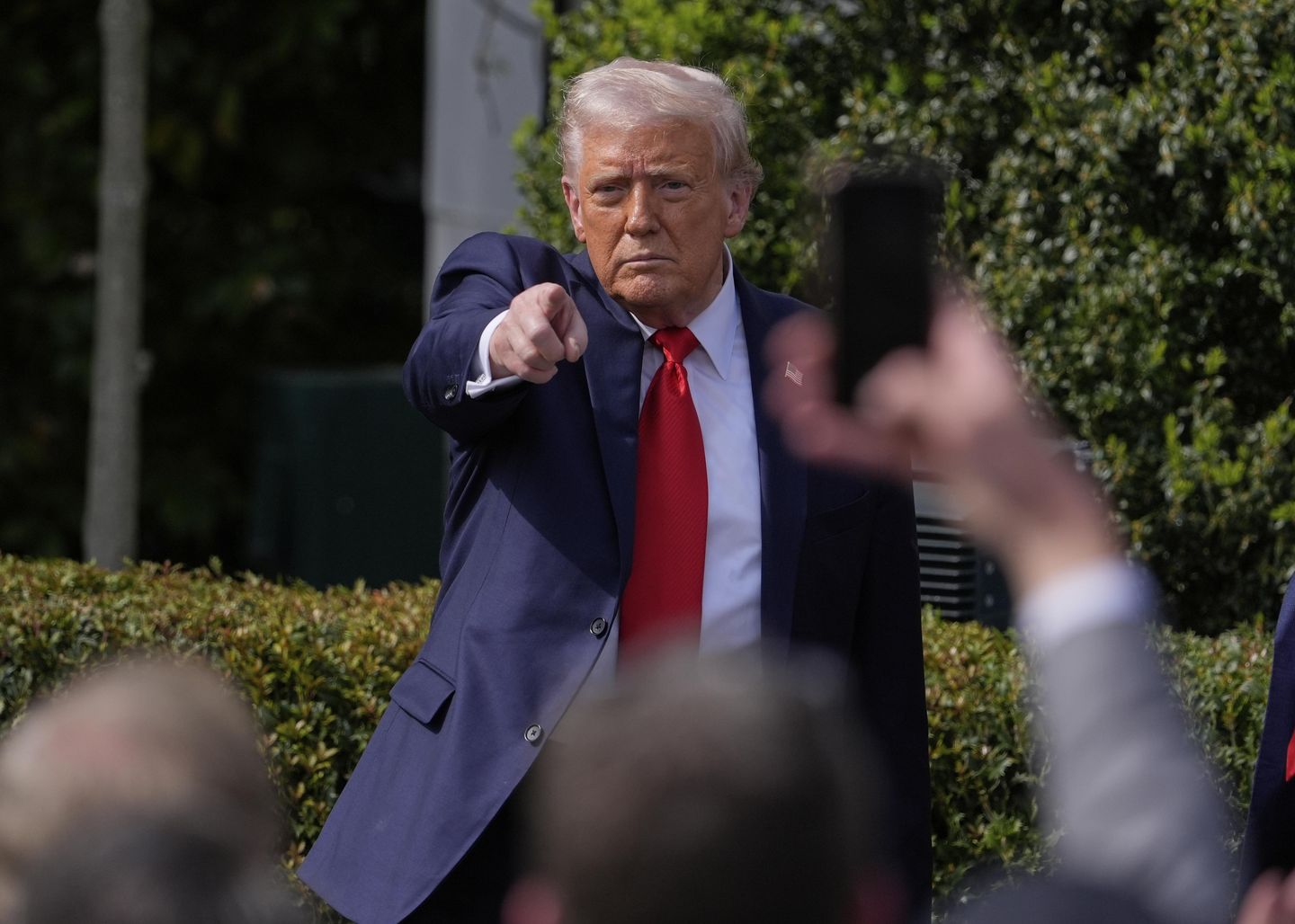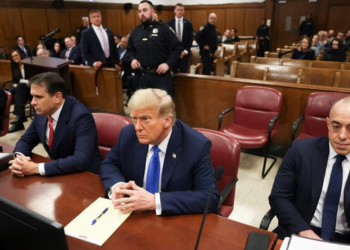
Newly released files from the FBI’s “Crossfire Hurricane” investigation have sparked controversy by reportedly showing a “fervor to frame” former President Trump, according to documents obtained by congressional investigators. Here’s what you need to know about these significant revelations:
The key disclosures
Congressional investigation uncovers controversial materials:
- Internal FBI communications from “Crossfire Hurricane” operation released
- Messages suggest predetermined conclusions about Trump-Russia ties
- Documents show investigators disregarding exculpatory evidence
- Senior officials’ communications reveal concerning language
- Timeline of investigation decisions raising questions
- FISA warrant applications contained significant omissions
- Evidence collection methods potentially compromised
The investigation timeline
Documents provide new perspective on sequence of events:
- Investigation launched in July 2016 during presidential campaign
- Predication for probe increasingly questioned by findings
- Key investigative decisions made at critical electoral moments
- Surveillance authorizations secured despite evidentiary concerns
- Investigation continued despite early exonerating information
- Multiple renewals of authorities despite verification failures
- Transition period activities particularly scrutinized
The specific concerns
Files highlight several problematic elements:
- Investigators discussing how to “get Trump” in internal messages
- Verification procedures for evidence apparently bypassed
- Reliability of key sources not properly disclosed to courts
- Exculpatory information deliberately excluded from filings
- Political considerations apparent in timing decisions
- Senior leadership involvement in questionable tactics
- Sources with political motivations inadequately identified
The congressional reaction
Capitol Hill response follows partisan patterns:
- Republican members citing vindication of long-standing claims
- Democratic representatives questioning context of revelations
- House Judiciary Committee planning extensive hearings
- Senate intelligence oversight examining implications
- Calls for structural FBI reforms gaining momentum
- Committee reports being prepared with competing narratives
- Additional document requests issued to Justice Department
The FBI response
Bureau attempting to address findings:
- Current leadership acknowledging past procedural failures
- Emphasis on reforms already implemented
- Context for specific communications offered
- Distinction between leadership and rank-and-file emphasized
- Commitment to political neutrality reaffirmed
- Recognition of damage to institutional credibility
- Procedural changes designed to prevent recurrence
The legal implications
Revelations raising questions about accountability:
- Statute of limitations expired for many potential violations
- Professional consequences for involved officials limited
- Prior inspector general findings reinforced by new documents
- Civil litigation potentially affected by revelations
- Bar complaints against attorney participants possible
- Broader FISA court reform discussions reinvigorated
- Legal standards for political investigations reconsidered
The historical context
Files add to evolving understanding:
- Four-year investigation ultimately found no Trump-Russia conspiracy
- Multiple prior reviews identified serious procedural violations
- Special counsel Durham investigation focused on origins
- Intelligence assessment processes previously questioned
- FISA court issued rare public rebuke of FBI practices
- Media coverage of investigation facing retrospective scrutiny
- Trump’s claims of “witch hunt” gaining evidential support
What happens next
Several key developments are anticipated:
- Additional file releases expected in coming weeks
- Congressional testimony from key participants planned
- FBI institutional reform proposals likely
- Justice Department leadership addressing findings
- Potential policy changes for counterintelligence investigations
- Media organizations revisiting coverage decisions
- Public trust restoration efforts by bureau necessary
Read more:
• FBI’s ’Crossfire Hurricane’ files show ’fervor to frame’ Trump
This article is written with the assistance of generative artificial intelligence based solely on Washington Times original reporting and wire services. For more information, please read our AI policy or contact Ann Wog, Managing Editor for Digital, at awog@washingtontimes.com
The Washington Times AI Ethics Newsroom Committee can be reached at aispotlight@washingtontimes.com.












